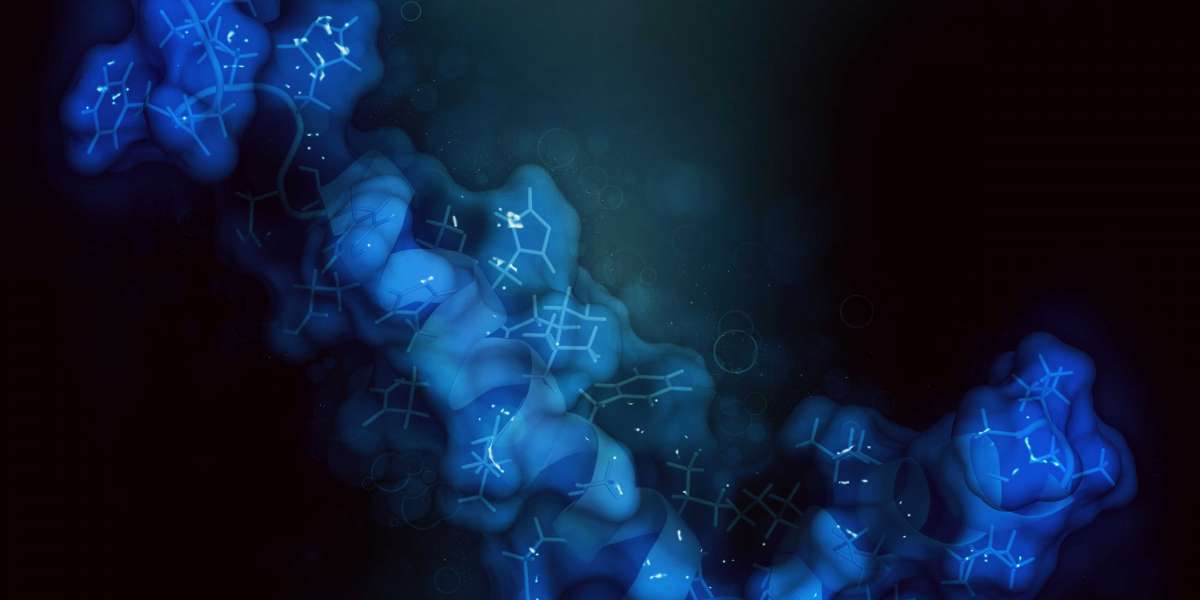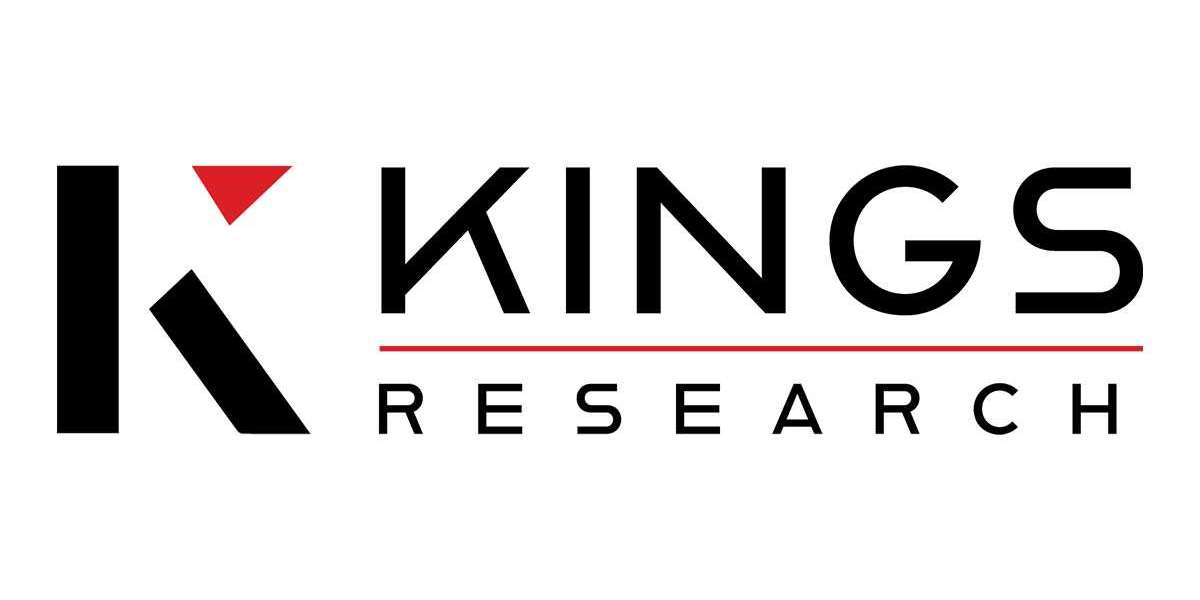Cytotoxicity testing is a critical component of biopharmaceutical development, as it evaluates the potential harmful effects of substances on cells. As the demand for new treatments and therapies skyrockets, the importance of cytotoxicity testing becomes even more pronounced. These services help ensure that new drugs, vaccines, and other therapeutics are safe for human use.
Understanding Cytotoxicity
Cytotoxicity refers to the capacity of a substance to cause damage to cells, ultimately leading to cell death. Such testing is vital in drug development since it identifies compounds that might be harmful before they reach clinical trials. By assessing the cytotoxic effects of various substances, researchers can prioritize safer candidates and eliminate those that pose significant risks.
Types of Cytotoxicity Tests
Cytotoxicity testing encompasses various methodologies, each designed to evaluate the toxicity of specific compounds. Common assays include:
- MTT Assay: This colorimetric assay assesses cell viability based on mitochondrial activity, providing insights into how substances affect cell functions.
- Lactate Dehydrogenase (LDH) Assay: This test measures cell membrane integrity, allowing researchers to determine the level of cytotoxicity by evaluating the release of LDH into the surrounding medium.
- Neutral Red Uptake Assay: This assay evaluates cellular viability by measuring the uptake of the neutral red dye, indicating cell health.
These tests can be conducted using different cell lines, including human, animal, and immortalized cells, which offer diverse insights into how different organisms may respond to a compound.
The Role of Cytotoxicity Testing Services
Cytotoxicity testing services provide essential support to pharmaceutical and biotechnology companies. Their expertise ensures that the testing is conducted under standardized protocols, leading to reliable and reproducible results. These services often enable researchers to:
- Identify lead candidates early in the development process
- Comply with regulatory standards set forth by agencies such as the FDA and EMA
- Gain insights to inform formulation changes and mitigation strategies for potential cytotoxicity
Benefits of Utilizing Professional Services
Engaging specialized cytotoxicity testing services allows companies to leverage advanced technologies and expert insights that may not be available in-house. These services often include:
- Access to state-of-the-art facilities equipped with the latest technologies in cell biology and toxicology.
- Expertise from trained professionals who can guide studies and interpret complex results.
- Rapid turnaround times for testing, enabling more efficient progression through development stages.
Conclusion
Cytotoxicity testing is an indispensable aspect of biopharmaceutical development, crucial for ensuring the safety and efficacy of new treatments. By utilizing professional cytotoxicity testing services, companies can streamline their development processes, meet regulatory requirements, and ultimately contribute to the quest for safer therapeutic options. As the landscape of drug development continues to evolve, these services will play an increasingly pivotal role in protecting public health while fostering innovation.







